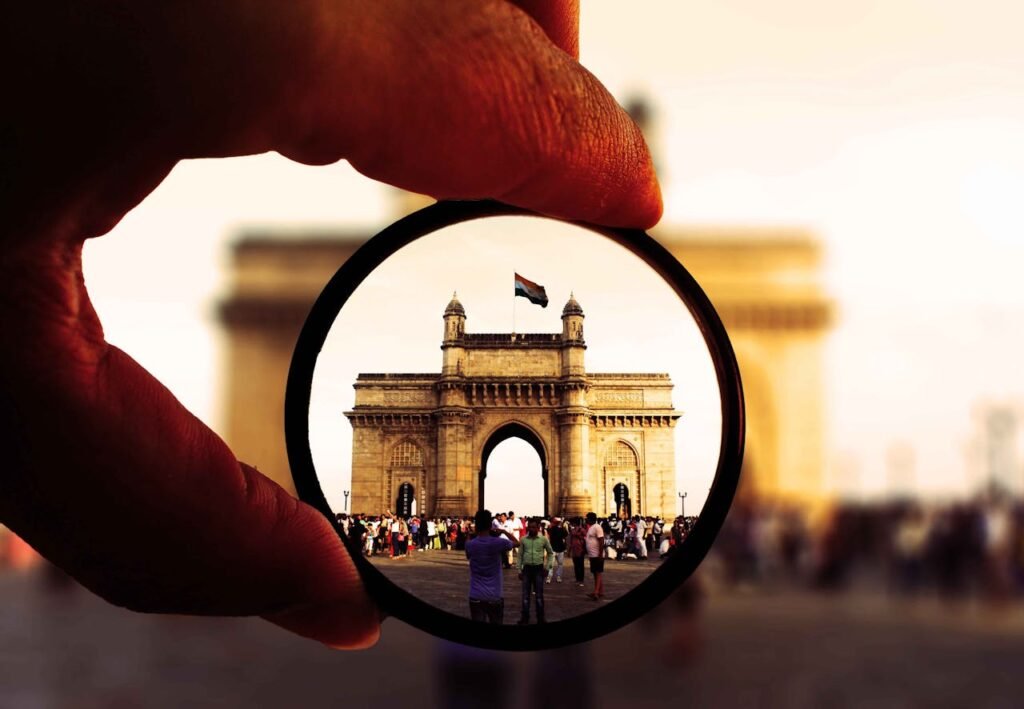Losing a limb changes life. But the right prosthetic can help you take control back.
If you’re in Mumbai and searching for the best prosthetics, this guide is for you. Whether it’s for yourself or someone you love, knowing where to go, what to expect, and how much it will cost can make a big difference.
We’ve created this detailed guide to walk you through the top clinics in Mumbai, what kinds of prosthetics are available, how much they cost, and how to get started. No complicated words. Just simple, clear help from people who care.
Let’s begin.
Top Prosthetic Clinics in Mumbai
What Makes a Good Clinic?
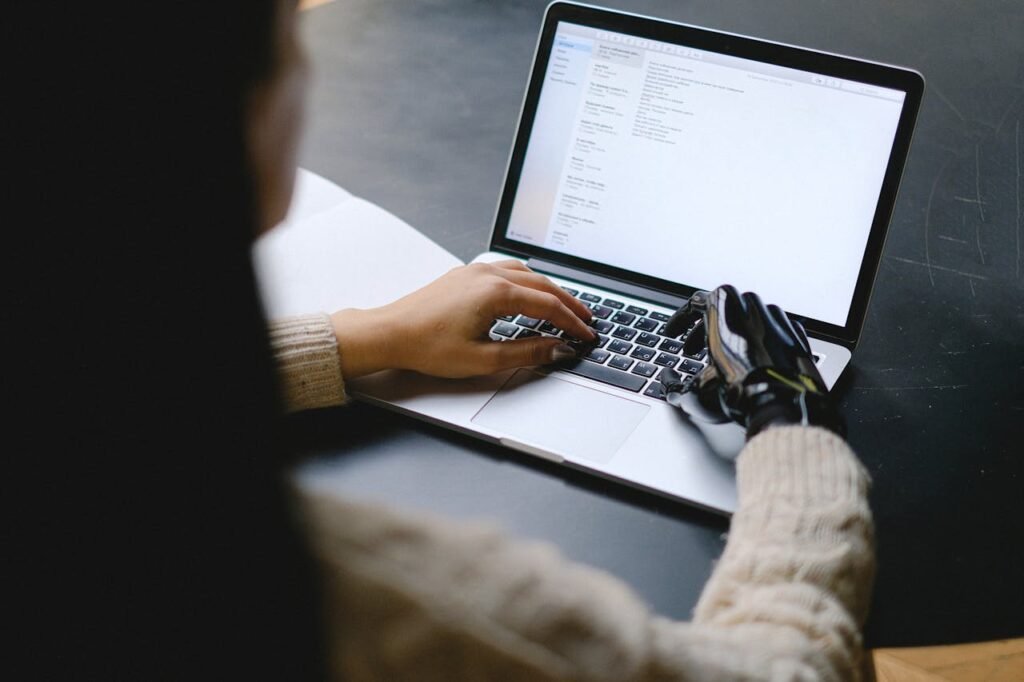
When choosing a clinic, look for caring people who listen.
Choose places known for quality, clean spaces, and comfort.
Use clinics with experts who explain everything in simple ways.
Leading Clinics in the City
Orthofoot India in Andheri West has prosthetists with years of experience.
Their consultation fee is around ₹800. You can book through online portals like Practo.
Genesis Silicone House in Malad West is known for its friendly staff.
They charge about ₹300 for consultation—a warm place with short waits.
In Mahim, Dhyan Health Care has two prosthetists with 19 and 5 years of experience.
Fees range between ₹500 and ₹1000, depending on your needs.
Matrix Mobility & Assistive Technologies, in Dahisar East, is very affordable.
They charge only ₹100 and have a prosthetist with more than 20 years of experience.
At Colour Me Mad Clinic near Churchgate, the professional has 8 years of experience.
They offer free consultations—ideal for first-time visitors.
The Lilavati Hospital and Research Centre in Bandra West is a well-known multi‑specialty hospital.
Fees vary from ₹0 to ₹5000—but you’ll find thorough, trusted care.
Understanding Costs in Mumbai
Consultation Fees
Most clinics charge between ₹100 and ₹1000.
Lower-fee clinics like Matrix Mobility are budget-friendly for quick questions.
Higher-fee places like Lilavati may offer broader medical support.
Prosthetic Costs
Prosthetic legs and arms can vary widely in price.
Mumbai clinics often offer flexible fitting options.
While online sources like Bookimed list Mumbai clinics, they don’t share exact prices.
You can get quotes if you ask directly.
In India, simple prosthetics like the Jaipur foot cost as low as $45 (about ₹3,700).
But modern, high-tech limbs cost more, depending on the materials and features.
How to Book Your Appointment
Using Practo
Practo is helpful for booking easily.
You can filter by experience, location, or fee range.
Then pick a time that suits you.
Direct Calls or Walk-Ins
You can call clinics like Orthofoot or Dhyan Health Care directly.
Many are happy to guide over the phone—just ask clear, simple questions.
What to Prepare Before Visiting
Questions to Ask
Ask about the clinic’s experience and how many people they have helped like you.
Ask how they make the device and how long it takes.
Also ask about follow-up and any extra costs for maintenance.
What to Bring
Carry your ID and any medical reports or scans.
Write down your questions ahead of time.
Bring a pen and notepad to make notes.
Take a friend or family member—it helps to have support.
What to Expect During Your First Visit
Your First Step: Consultation
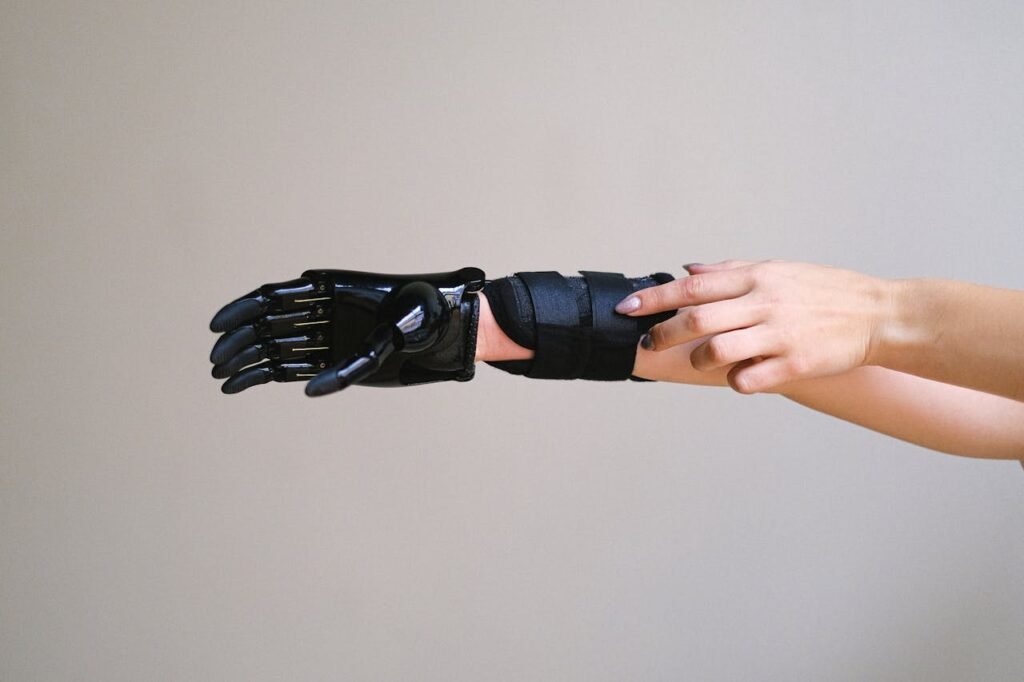
Visiting a prosthetic clinic for the first time can feel a little overwhelming. But don’t worry—most people feel that way, and the staff at a good clinic will do everything to make you feel at ease.
During your first consultation, the prosthetist (the expert who makes and fits prosthetic limbs) will take time to understand your story. They’ll ask about your amputation, your goals, your daily routine, and what you hope to achieve with a prosthetic. This is your time to speak openly. Share everything—from your lifestyle to your job, from hobbies to how you move through your day.
They may also take a look at the residual limb (the part of your limb after amputation) to check its condition. This helps them understand what kind of socket or fitting you will need.
If you’ve brought any medical records or prescriptions, they’ll go through those too. This helps them make a plan that suits your body and your life.
Measurements and Scans
Once the conversation is done, the clinic may take precise measurements of your limb. Some clinics use digital scanners or castings to get the most accurate fit. These scans help them design a prosthetic that will be comfortable, stable, and easy to wear.
This part doesn’t take long, and it’s usually painless. It may tickle or feel a little odd if they’re using a casting material, but there’s nothing to be scared of. It’s all part of getting you closer to your new limb.
Choosing the Right Prosthetic
After the measurements are done, the prosthetist will talk to you about the different types of prosthetics available. This is where you’ll learn about options—mechanical limbs, cosmetic limbs, and high-tech options like myoelectric prosthetics that respond to your muscle signals.
They’ll explain the pros and cons of each type in simple language. You’ll hear about what they can do, how they feel, and how much they cost. Don’t worry—nobody will push you to decide right away. Take your time to understand everything.
Some clinics will even show you samples or let you try a demo limb so you can see how it feels.
Fitting Process
Once you’ve chosen a prosthetic, the clinic will begin the process of making it. Depending on the type of limb, this can take anywhere from a few days to a few weeks. High-tech bionic hands, for example, take longer because of the electronics involved.
When your prosthetic is ready, you’ll return to the clinic for the fitting. The prosthetist will check the socket (the part that fits onto your limb) and make sure it’s snug but not tight. You’ll walk, move, or hold objects depending on the type of prosthetic you’ve chosen.
Don’t expect it to be perfect on day one. It’s normal to need adjustments. A good clinic will schedule follow-up visits and tweak the fit until you’re comfortable.
Types of Prosthetics You Can Get in Mumbai
Upper Limb Prosthetics
If you’re missing a hand, arm, or part of your upper limb, you’ll be looking at an upper-limb prosthetic. These range from simple mechanical arms to advanced bionic hands like Grippy™ by RoboBionics.
Mechanical arms can open and close using body movement or shoulder straps. They’re affordable and reliable, but don’t offer the flexibility of bionic options.
Bionic arms, on the other hand, are smart. They move when you move your muscles. They can grip, pinch, and even give you a sense of touch. Grippy™, for example, uses your muscle signals to help you open and close the hand, and even gives you feedback—so you feel what you’re holding.
These kinds of prosthetics are perfect if you want to do everyday tasks like writing, cooking, or shaking hands—things that bring back a sense of normal life.
Lower Limb Prosthetics
If you’re missing a foot, leg, or part of your lower limb, you’ll be looking at a lower-limb prosthetic. Mumbai has several clinics that offer both basic and advanced types.
Basic options include below-knee or above-knee mechanical limbs. These help with walking and balance, and many are made of strong, light materials. Some come with shock absorbers or rotation units to make walking more natural.
More advanced lower-limb prosthetics use microprocessors or hydraulic systems to adjust how the foot or knee responds. These are great for people who want to walk long distances, climb stairs, or even run.
Some popular types available in Mumbai include the Jaipur Foot, modular legs, carbon fiber limbs, and even waterproof prosthetics for active users.
Custom vs. Ready-Made: What’s Better?
Understanding the Difference
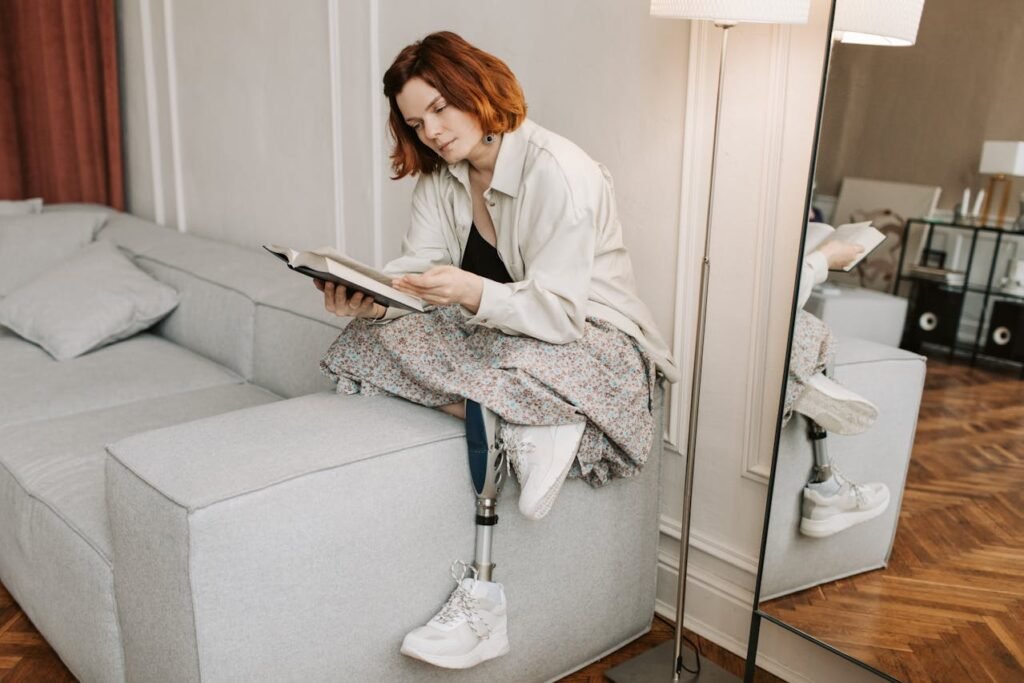
A ready-made prosthetic is like buying clothes off the rack. It may fit okay, but not perfectly. It’s usually quicker and cheaper but may not suit your body shape or lifestyle as well.
A custom prosthetic, on the other hand, is made just for you. It matches the shape of your limb, your movement style, and even your skin tone if you want it to look natural.
Clinics in Mumbai offer both options, but if comfort and long-term use are important to you, going custom is the better choice. It takes more time and a bit more money—but the result is a limb that feels like it belongs.
Cost Considerations
Custom prosthetics usually cost more because of the labor, materials, and fitting time involved. But in the long run, they’re more comfortable and require fewer adjustments.
If you’re on a budget, some clinics offer EMI options, NGO support, or help from foundations that support limb-loss survivors. It’s always worth asking.
Insurance and Financial Help for Prosthetics in Mumbai
Does Insurance Cover Prosthetics?
This is a question many people ask, and the answer isn’t always simple. In India, some private health insurance policies may cover prosthetic limbs, especially if the limb loss was due to an accident or surgery. But in many cases, prosthetics are considered part of post-surgical care or rehabilitation and are not always included in standard policies.
If you already have health insurance, check the fine print or call your insurer to ask directly. Ask whether prosthetics are covered, what kind of documentation is needed, and if there’s a limit on how much they will pay. Some policies may only cover a portion of the cost, not the full amount.
If you’re getting a high-end prosthetic like a bionic hand, you may need to push a bit harder. Provide clear details and, if possible, get your clinic to write a letter explaining why the prosthetic is medically necessary. Sometimes, that makes all the difference.
Government Support and NGOs
If you don’t have insurance or if it doesn’t cover the prosthetic you need, there are still options. Mumbai is home to several government schemes and NGOs that help people with limb differences.
Organizations like Bhagwan Mahaveer Viklang Sahayata Samiti (BMVSS) offer support to people who need low-cost limbs like the Jaipur Foot. Some hospitals and charitable trusts in Mumbai also have funds for prosthetics—especially for children, accident survivors, and people from low-income backgrounds.
You can also reach out to support groups or local prosthetic clinics. Many of them are connected with NGOs or CSR funds that can help. Ask if they can guide you toward financial assistance. Don’t hesitate to seek help—there are people who genuinely want to see you walk, move, and live better.
The Role of Rehabilitation After Getting a Prosthetic
Why Rehab Matters
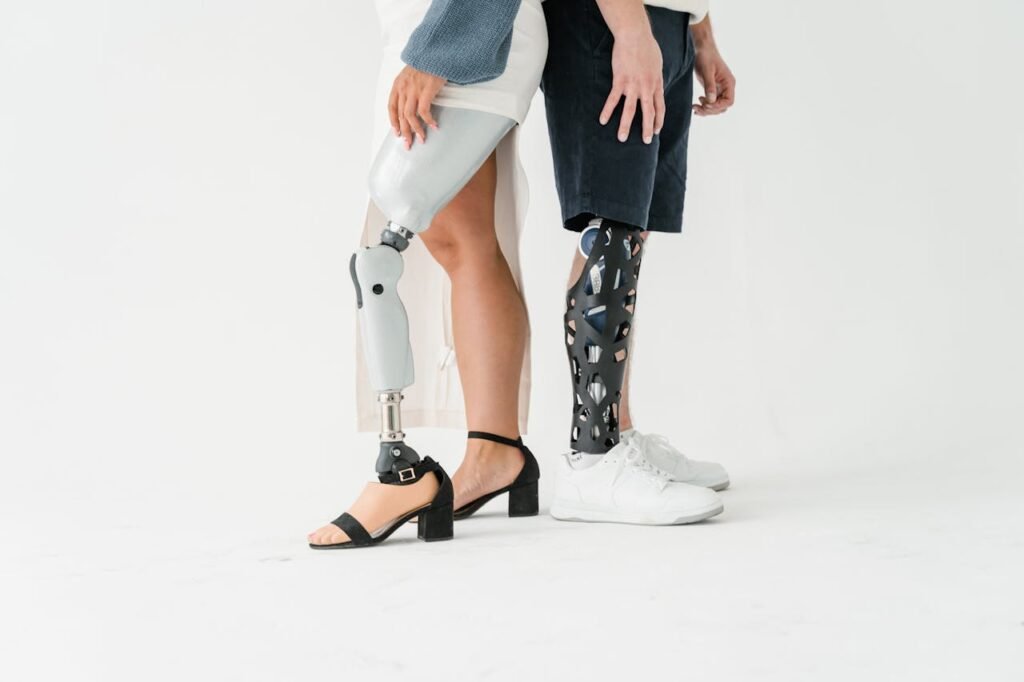
Getting a prosthetic is not just about fitting a new limb—it’s about learning to use it confidently. That’s where rehabilitation comes in. Rehab helps you train your muscles, build strength, and get used to your new limb.
Some people think they’ll just wear the prosthetic and walk out of the clinic—but that’s rarely how it works. Your body needs time to adjust. The brain has to learn new patterns. Your balance changes. Your posture shifts. And sometimes, even simple actions like holding a spoon or standing for long hours need practice.
With good rehabilitation, your transition becomes smoother. You feel more in control. And you learn how to avoid injuries, sores, or strain caused by poor posture or overuse.
Physical Therapy and Exercises
Rehab often includes sessions with a physiotherapist who will guide you through specific exercises. These exercises are designed to build up your residual limb, improve coordination, and strengthen the muscles around your hip, shoulder, or core.
For example, if you’ve lost a leg, your physiotherapist might help you work on balance, stability, and walking on different surfaces. If you’ve got a new arm or hand prosthetic, they’ll help you relearn daily tasks like lifting, holding, or typing.
You might also be taught how to care for your skin, prevent irritation, and clean the socket area. These small steps make a big difference over time.
Mental and Emotional Support
Losing a limb can bring a flood of emotions—shock, grief, anger, or even guilt. And while a prosthetic helps physically, the emotional journey is just as important.
Some clinics in Mumbai now offer counseling or support groups. Talking to someone who understands what you’re going through—especially another prosthetic user—can be incredibly powerful. They’ve been there. They’ve felt what you’re feeling. And they can show you what’s possible.
Family counseling is also helpful. It helps your loved ones understand what you’re going through and how they can support you better, without being overprotective.
You’re not alone on this journey—and you never have to be.
How RoboBionics Is Changing Lives in Mumbai
World-Class Technology, Made in India
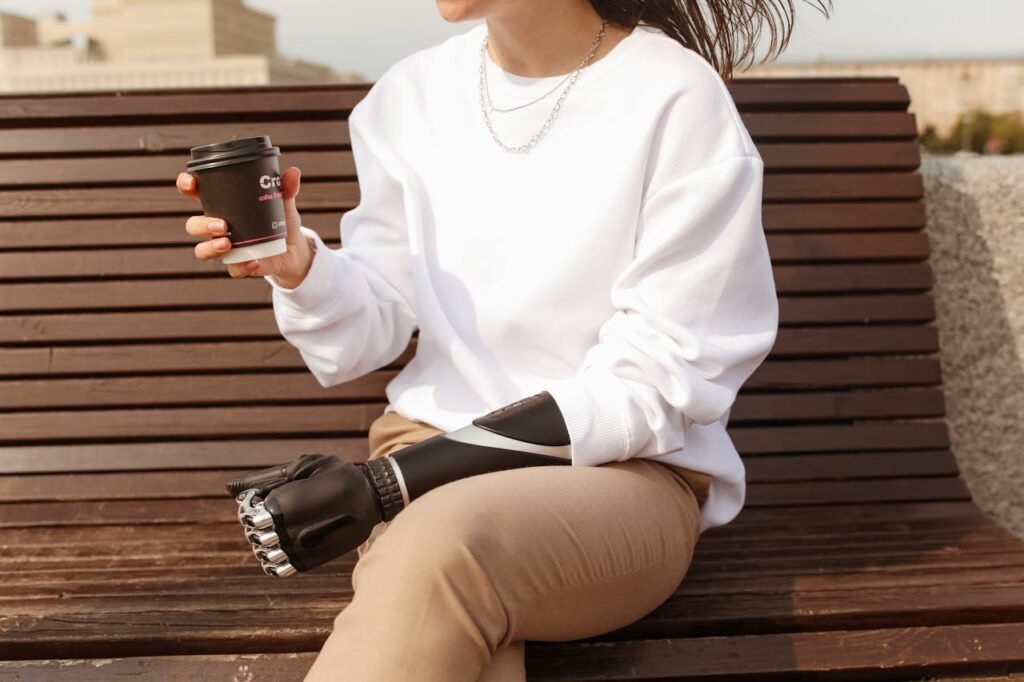
RoboBionics is proud to be part of India’s health-tech revolution. Based in India and built with heart, our flagship product—Grippy™—is a game-changer for people with below-elbow amputations.
Unlike imported bionic hands that cost more than ₹10 lakh, Grippy™ is made in India and priced between ₹2.15 to ₹3 lakh. That means world-class quality at a fraction of the price. We believe everyone deserves access to dignity, independence, and technology that empowers.
Grippy™ is not just a hand—it’s a helping hand. It works using your natural muscle signals. That means you can open, close, and grip objects just by moving your muscles. And with our Sense of Touch™ technology, you even feel what you’re holding. Whether it’s a soft toy or a cup of tea, you’ll know the difference.
We’ve worked hard to make this hand light, strong, and beautiful. And with 60 out of 64 components made right here in India, it’s a symbol of what Indian innovation can do.
Supporting You Every Step of the Way
Getting a prosthetic isn’t just a transaction—it’s a partnership. At RoboBionics, we take pride in being more than a manufacturer. We’re your support system. We guide you from the first demo, through fitting, training, and aftercare.
Our team works closely with prosthetic centers across Mumbai and all over India. We make sure our hands reach those who need them most, whether in cities or villages. And if you want to try Grippy™, you can easily book a demo on our website.
We’re not here to sell you a product. We’re here to help you rebuild your life with dignity and strength.
Book a Demo, Start a New Chapter
If you or someone you love is looking for a bionic hand in Mumbai, don’t wait. Try it for yourself. Feel how Grippy™ works. See the difference it can make.
Booking a demo is simple. Just go to robobionics.store/bookdemo and fill out a short form. One of our team members will reach out to guide you through the next steps.
It doesn’t matter how old you are or how long it’s been since your amputation—it’s never too late to take the first step toward freedom and confidence.
You deserve a second chance. Let’s build it together.
How to Choose the Right Prosthetic Clinic for You
Think About What You Really Need
Choosing a prosthetic clinic is personal. It’s not about picking the biggest name or the fanciest building. It’s about finding a place where you feel heard, respected, and supported.
Start by thinking about what matters most to you. Is it cost? Location? Technology? Or maybe you want a team that takes time to explain things. Once you know your priorities, the decision becomes much easier.
If you’re an active person, you might want a clinic that offers sports prosthetics or high-performance devices. If you’re older or less mobile, comfort and ease of use might matter more. There’s no wrong answer. Just be honest with yourself about what kind of help you need.
Visit More Than One Clinic
Don’t settle on the first clinic you visit. Just like you’d test-drive a car before buying, it’s okay to talk to different prosthetists before making a decision. Every clinic has a different approach, and finding the right fit can make a big difference in your comfort and success.
Pay attention to how the staff treats you. Do they answer your questions patiently? Do they offer clear guidance? Are they listening to you—or just trying to sell you something?
A good clinic will never rush you. They’ll help you understand all your options and guide you without pressure.
Ask About Follow-Up Support
Getting a prosthetic is not a one-time event. You’ll need adjustments. Maybe even replacements. That’s why follow-up support is so important.
Ask each clinic how they handle follow-up visits. Will they help you if something doesn’t fit right after a few weeks? Do they provide training or therapy? Will they be available to answer your questions after you leave?
The right clinic will be with you for the long haul—not just for the sale.
Real People. Real Stories.
A Second Chance for Shreya

Shreya, a 27-year-old graphic designer in Mumbai, lost her hand in a road accident. She was devastated. She felt like her career was over.
But after finding RoboBionics online, she booked a demo. Just a few weeks later, she was fitted with a Grippy™ bionic hand. Within days, she was typing, drawing, and cooking again.
“It’s not just a hand,” she said. “It gave me my confidence back. I feel like myself again.”
Ramesh’s New Chapter
Ramesh, a retired railway worker, lost his leg to diabetes. He thought he’d be stuck in a wheelchair forever.
A clinic in Dahisar East helped him get a custom lower-limb prosthetic. With regular rehab, he’s now walking to the temple every morning—something he thought he’d never do again.
“It’s the little things,” he smiled. “Climbing stairs, walking to the shop, standing tall at my granddaughter’s wedding.”
From Hopelessness to Hope
Every day, we hear stories like these. Stories of people who once felt hopeless, but found new strength through the right support and technology.
These are not just stories of recovery—they are stories of resilience, courage, and human spirit. And they remind us why this work matters.
Final Thoughts: You’re Not Alone in This
If you’re reading this, it means you care. You’re trying to help yourself or someone you love. And that already makes you brave.
Losing a limb is one of life’s hardest moments. But it doesn’t have to define the rest of your life. With the right prosthetic, support, and care, you can move forward—stronger, steadier, and full of hope.
Whether you choose a mechanical limb or a smart bionic one, the most important thing is this: don’t give up. Keep asking questions. Keep reaching out. Keep believing that your life can be full again.
And remember—there’s a whole community out here cheering you on.
Ready to Take the First Step?
If you’re in Mumbai and looking for a prosthetic solution, RoboBionics is here for you. Our hands are designed to bring back dignity, control, and freedom—without breaking the bank.
Visit robobionics.store/bookdemo to book a free demo today. One simple form. One phone call. That’s all it takes to begin your next chapter.
Let’s build it together. One step at a time.



